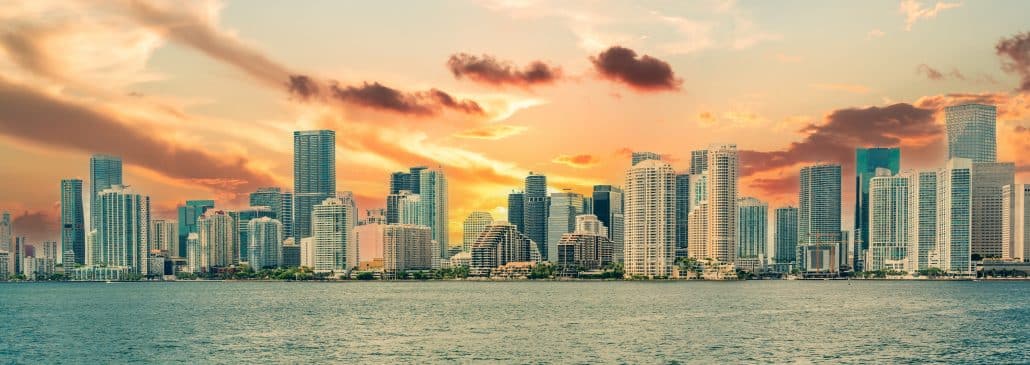by: Anthony Joseph

Since the post-pandemic economic rebound, South Florida has emerged as a unique entity in the U.S. market. From an outsider’s perspective, it’s an impregnable fortress of opportunity, with low unemployment and a significant influx of high-earning millennials. However, beneath this optimistic façade, the restaurant industry, among others, grapples with the nation’s inflationary spiral.
Inflation’s Mark on the Landscape
The sight of the 499-foot RD Las Olas building under construction in Fort Lauderdale serves as a stark reminder of the growth. Yet, as the costs rise, businesses, especially those in the South Florida restaurant industry, wonder how to sustain in this climate. Recent hikes by the Federal Reserve are making many businesses, including those offering financial solutions for South Florida restaurants, question the future direction of the economy.
Challenges and Insights
While wage growth is commendable, and sectors like airlines and hospitality witness wage increments, the economic indicators for South Florida dining paint a different picture. Costs of living continue to mount, pressing both consumers and restaurant owners. As businesses feel the brunt of increasing supplier prices and rising labor costs, the challenges for South Florida restaurant owners amplify.
A survey from the Greater Fort Lauderdale Chamber of Commerce reveals a mixed bag of optimism and concern among its members. They’re observing and adjusting to their spending patterns in response to consumer demand, influenced significantly by inflation impact on South Florida businesses.

The Hospitality Conundrum
Tim Petrillo, a stalwart in the region’s hospitality sector, highlights the restaurant financing during inflation dilemma. He mentions, “Labor costs are still up. Housing pressure and cost of living is always something we have to deal with.” Despite these concerns, Petrillo remains hopeful, stating, “We are the tip of the spear on consumer spending.” His insights offer a window into the South Florida restaurant industry’s current state.

How ALT’s Services Can Be the Game-Changer
In this challenging economic climate, restaurants seeking to expand, reduce costs, or simply sustain can greatly benefit from ALT funding solutions for businesses. By providing timely working capital, ALT enables restaurant owners to take advantage of bulk wholesale ordering, leading to significant cost savings. Additionally, with flexible financing options tailored for the South Florida restaurant industry, businesses can navigate the inflationary pressures more effectively.
The Broader Economic Picture:
Beyond restaurants, housing emerges as another sector under inflationary duress. Rising insurance costs impede the construction of multi-family housing, leading to increased rents. This phenomenon, coupled with other factors, pushes many residents to seek more affordable living options further north.
Conclusion
Inflation’s undulating waves challenge various industries in South Florida. However, with insights, adaptability, and strategic financial planning through services like ALT, businesses, particularly in the restaurant sector, can chart a course to sustainability and growth.


